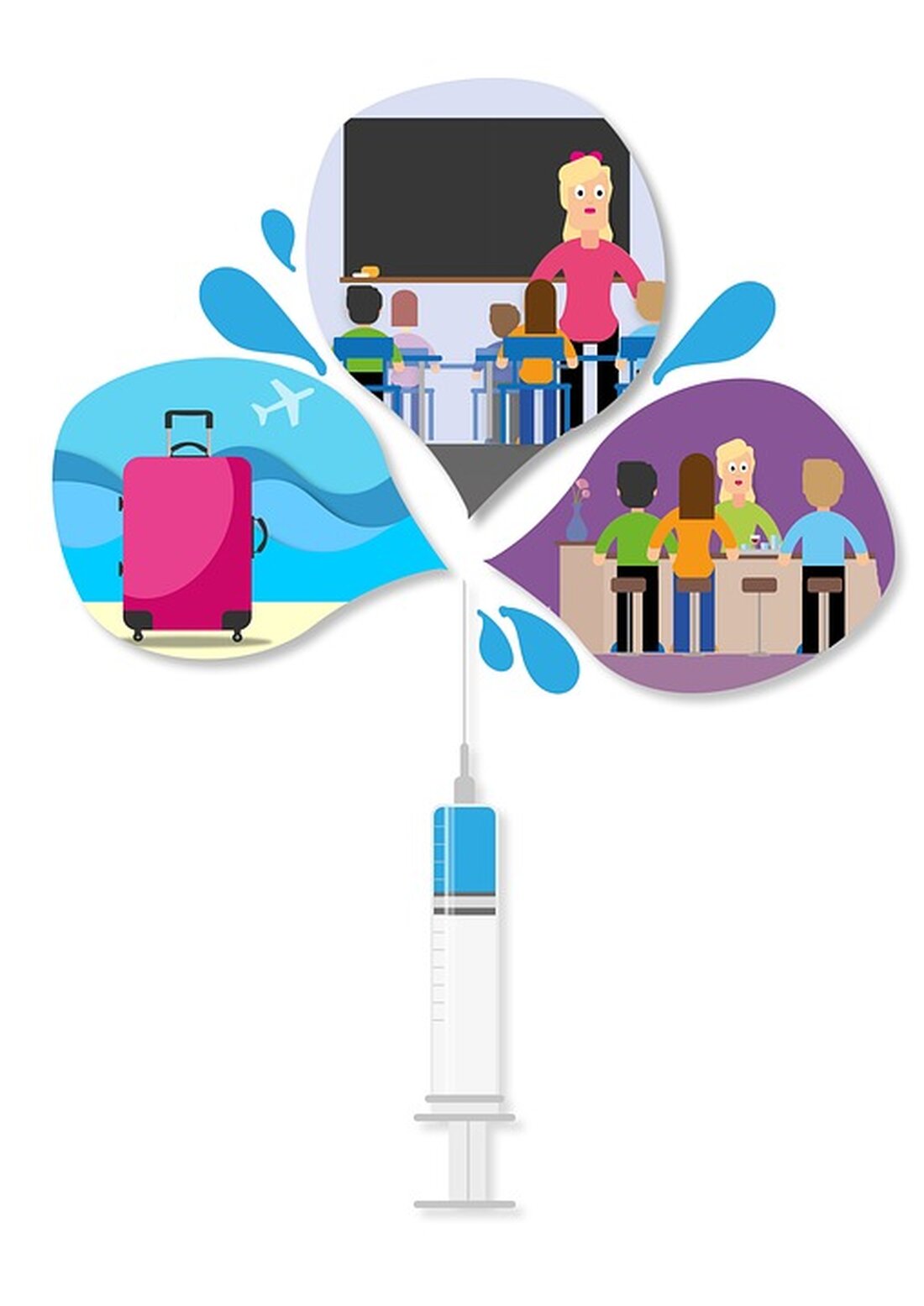Change in normality: the new impulse paper of the Ethics Council
Discover the impulse paper "Normality as a process" of the German Ethics Council, which examines the changeability and context dependence of normalcy ideas in society, medicine and ethics. Question common norms and their influence on personal and social discourses. Find out more about the debate on neurodiversity and the effects of new medical technologies on our understanding of normality. Read more now!

Change in normality: the new impulse paper of the Ethics Council
The big puzzle about the "normality"! Today the German Ethics Council presents its new impulse paper with the sensational title "Normality as a process". This document urges us to put common ideas about what is considered normal to properly turn up on the head!
in a world in which questions like "Is my weight normal?" or "May I mourn my mother for so long?" The Ethics Council has the central role that these ideas play in their nature. The concept of normality is often discussed with an outcry and outrage. "It's not normal!" - Such sentences show how deep we are rooted with norms. But is the norm really always what we believe?
Who does the definition of normality belong?
Petra Bahr, the spokeswoman for the working group of the Ethics Council, asks provocative questions: What exactly is "normal"? Who has the right to define that? And what are the consequences of our views of normalcy for our personal decisions and social discussions - especially with ethical and legal issues? In their pessimistic vision, it is apparently necessary to address the topic more in the media and educational institutions.
The impulse paper reaffirms a provocative truth: what we find as normal is not simply specified. The change of these ideas often happens, sometimes they are challenged by political campaigns. It is particularly pointed out that normality ideas should not stand against fundamental moral values such as human dignity and justice. A wide field for discussions!
The controversy about health and illness
The German Ethics Council looks particularly critical at the norms in medicine and in the life sciences. For example, the deceptive border between health and illness is considered in a new light. In the area of mental health in particular, there are violent clashes for the concept of neurodiversity. Many identify as neurodivers and reject it to be viewed as sick. They call themselves "different". An exciting and stirring discourse!
The document also asks questions about the genetic normality and its effects on our understanding of disability. Is this new world of predictive genetics not at the expense of diversity? It is also recognized that we move away from old, negative age pictures and highlight the positive aspects of aging. How our view of age, body and our genes shape normativity is impressively shown.
Another highlight is the role of digital media in the design of normalcy ideas. The Ethics Council places a point on the body type movement that breaks stereotypes and sets new standards. The diversity is celebrated - but this also leads to a new, perhaps even fairer understanding of normalcy?
The impulse paper "Normality as a process" can be found on the website of the German Ethics Council at www.ethikrat.org/paltikungen/stahlungen/normalitaet-als process.
It remains exciting how these debates will shape our society and whether we are willing to accept the changes!

 Suche
Suche
 Mein Konto
Mein Konto
